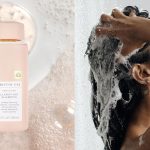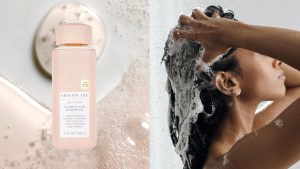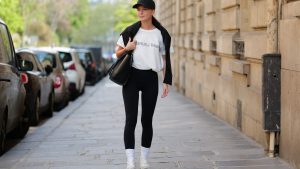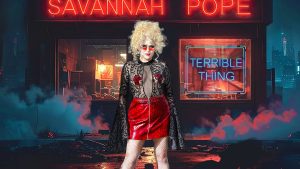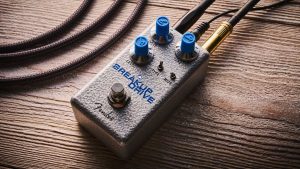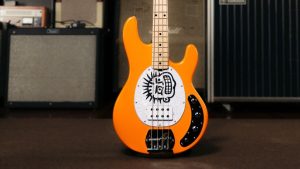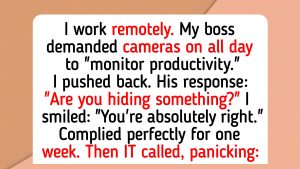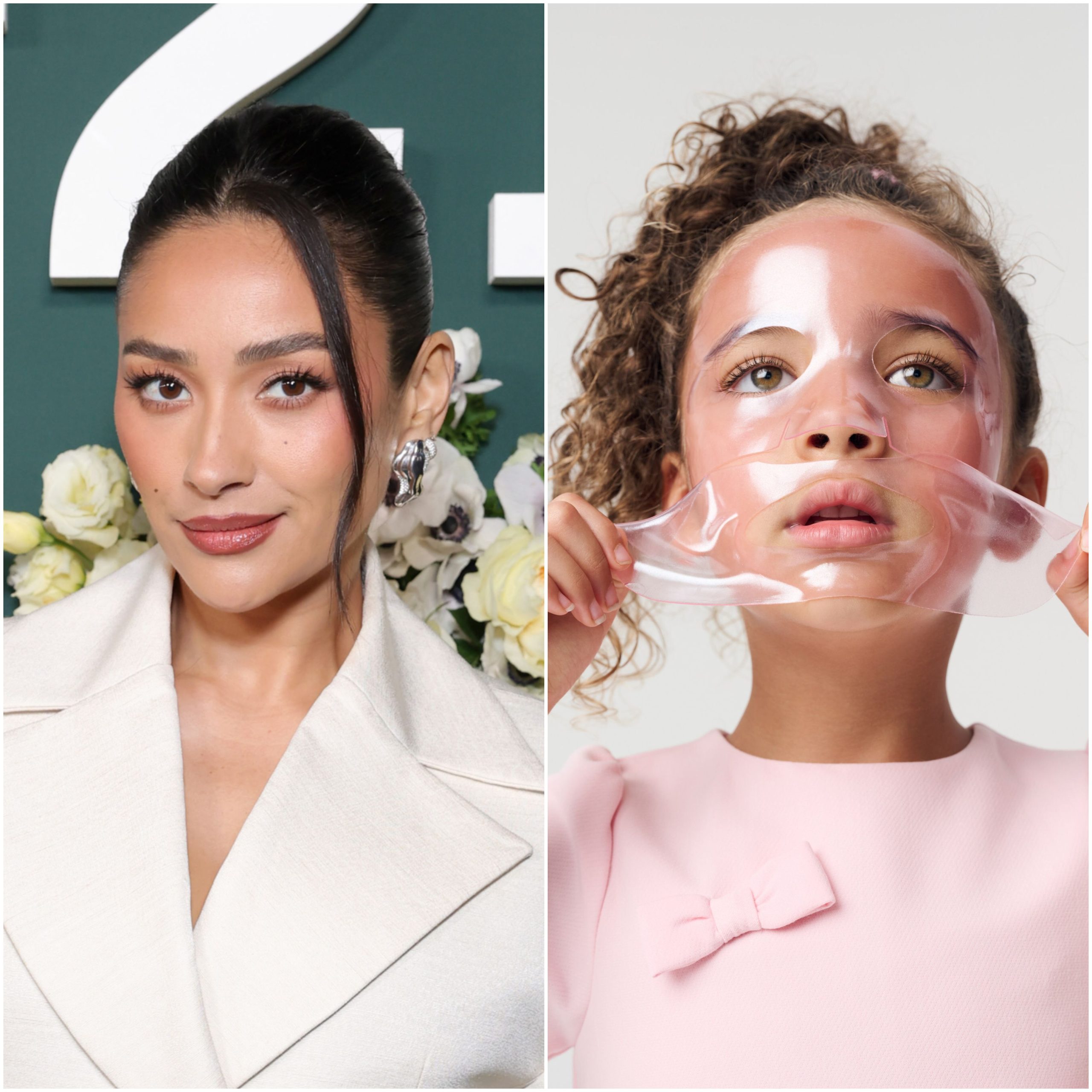
The Backlash Over Shay Mitchell’s ‘Dystopian’ Skincare Masks for Kids, Explained
Shay Mitchell is facing backlash for her latest business venture Rini, a skin care line developed for children. On November 6, the Béis mogul and Pretty Little Liars star launched a new line of sheet masks for tiny faces, including two jelly masks for hydration and after-sun care, as well as “everyday” masks that come in three animal faces.
“We created Rini because we wanted products that are gentle, trustworthy, and inspire creativity, elevated by Korean innovation,” Mitchell wrote in a brand mission statement alongside cofounders Esther Song and Matte Babel, Mitchell’s long-term partner. “Rini is where skin care meets play, a world where kids can dream, transform, and explore with dermatologist-tested products parents trust. Our mission is simple: to nurture healthy habits, spark confidence, and make thoughtfully crafted daily care essentials and play products accessible to every family.”
When Mitchell first teased the products on Instagram with a glossy editorial photo of a little girl using a pink jelly mask, the response was loud—and overwhelmingly negative. “I struggle to find the right words to articulate how disappointing and dystopian this is 💔,” commented Sarah Adams (@mom.uncharted), an anti-child exploitation activist prominent on social media. Another wrote, “This is paving the way to future adults with serious body image problems. Not good.”
But what, exactly, is all the outrage about and what else do you need to know? Here’s the TL;DR.
Give me the TL;DR.Shay Mitchell is facing backlash for launching a new skin care line designed for children. The brand is called Rini, a colloquial term for “children” in Korean.
Wait, I need more. What’s the background here?Last year saw the boom of “Sephora Kids”—a.k.a. children obsessed with skin care brands like Drunk Elephant, Summer Fridays, and Laneige. Some parents had concerns over their kids using skin care made for adults, specifically products containing actives that could potentially irritate young skin.
Mitchell is not the first to launch a skin care brand marketed towards children: brands like TBH Kids, Rile, and Evereden have created products to help meet newfound demand in a safe and responsible way.
For Rini, Mitchell was inspired by her own daughters. “My girls would always see me with [masks on], especially when getting prepared for any makeup to follow,” she told Elle of the inspiration behind the brand. “They would just come into the bathroom and look at me in the mirror and be like, ‘Can I use that? What’s that?’ I’ll even pass them some deodorant—with a lid on, of course—just so they feel like they can be a part of my routine. I also want them to know that skin care, for me, is about creating healthy habits and about having that self-care time—that’s important.”
Read more
Inside the Tween Obsession With Drunk Elephant Skin Care
Children as young as eight and nine years old are begging parents to buy Drunk Elephant products, some costing upwards of $50. How did a millennial skin care brand become Gen Alpha’s most viral gift? Glamour senior beauty editor Ariana Yaptangco investigates.
According to a Rini press release, the formulas were developed in “collaboration with leading pediatric chemists and laboratories in South Korea,” adding that “Rini offers dermatologist-tested products designed to inspire curiosity and confidence while supporting healthy habits from an early age.”
What age is recommended for Rini?On the website’s general FAQ page, Rini teases future “bath essentials” that are “generally recommended for ages 2 and up.”
The brand says all its products are safe for kids, but advises parents to use their best judgement. “Our play products are also formulated to be safe for little ones, but you know your child best,” the website reads. “Some items, like our sheet masks, are fun and suitable for kids through the Tween years! Always refer to each product’s page for specific guidance, and consult your pediatrician if you have any questions.”
Here’s how each product is described as of November 10:
The Hydrating Hydrogel Facial Masks is described as “a pink shimmery, two-piece jelly mask designed to fit growing faces (ages 4+). Infused with Vitamin B12 to hydrate, nourish, and protect. Safe and gentle for daily use.”The After-Sun Hydrogel Facial Mask: “a green shimmery, two-piece jelly mask designed to fit growing faces (ages 4+). Infused with Aloe Vera and Chamomile to calm, soothe, and help skin recover from sun, environmental, and post-play stress. Safe and gentle for daily use.”Everyday Facial Sheet Mask (Panda): “An everyday facial sheet mask in a playful panda design kids will love! Crafted from 100% pure cotton for growing faces (ages 4+), with dermatologist-tested serum of White Tremella Mushroom, Beta-Glucan & Vitamin E. Calms and hydrates after playtime, sunshine or anytime! Safe and gentle for daily use.”Every Day Facial Sheet Mask (Puppy): “An everyday facial sheet mask in a playful puppy design kids will love! Crafted from 100% pure cotton for growing faces (ages 3+), with dermatologist-tested serum of White Tremella Mushroom, Beta-Glucan & Vitamin E. Calms and hydrates after playtime, sunshine or anytime! Safe and gentle for daily use.”Every Day Facial Sheet Mask (Unicorn): “An everyday facial sheet mask in a playful unicorn design kids will love! Crafted from 100% pure cotton for growing faces (ages 4+), with dermatologist-tested serum of White Tremella Mushroom, Beta-Glucan & Vitamin E. Calms and hydrates after playtime, sunshine or anytime! Safe and gentle for daily use.”Prices range from $5.99 – $6.99.
So, what’s the main concern?The backlash first started prior to the launch on November 5, when Mitchell shared the initial photo of a toddler wearing a face mask with little added context. She tagged the brand’s page, writing, “Something gentle, something new—launching tomorrow.”
Words like “dystopian,” “scary,” and “grim” were thrown around in the comment section, with one user writing, “Yikes. Maybe read the room? People are losing healthcare and food benefits…maybe not the best time to sell skin care for toddlers.”
Aside from general distaste, there are a few specific concerns we can break down:
Some commenters are concerned that skin care could have adverse effects on young skin. Glamour previously spoke to Joshua Zeichner, MD, who clarified that hydrating products like barrier repair creams are generally safe to use, though he cautions not to overdo it. “My daughter has been very enthusiastic about her skin care, and it actually caused a little bit of perioral dermatitis,” Zeichner said. “It’s thought to be related to rosacea and in some cases may be caused by overuse of occlusive products on the face. I had to have a strict talking to her about holding off on her products, because it might be causing a bit of a rash.”
Zeichner strongly advises against children using products with actives like acids, retinol, and vitamin C, which can be “harsh on the skin,” and lead to “long-term, chronic low-grade inflammation” with “extreme use.” It’s worth noting that Rini does not contain any of these ingredients.
Others are concerned about the message this sends to children. “Seriously??? Teaching young girls from a very sensitive age that they need things to be and feel prettier like they are NOT ENOUGH is disturbing. DO BETTER,” one user commented, while another wrote, “How the F are we supposed to raise our girls differently when you’re selling 3 year olds a face mask?”
Finally, others are concerned about the environmental ramifications of single-use products, which is a common criticism of face masks in general.
Are there any positive reactions?Not all responses have been negative. Some people don’t see a difference between a gentle face mask and letting a child play with safe makeup and nail polish. “As someone who used to like doing face masks with my mom as a kid bc it was just a chill way to bond, this seems adorable,” one user commented, receiving a double pink-heart emoji from Mitchell in response. Another user wrote, “My girls always want to wear mom’s face mask! So cool they will finally be able to wear something that’s good for their skin!” Mitchell responded to that comment with a smiley face emoji surrounded by hearts.
Has Shay Mitchell addressed the backlash?Not directly, though her second post about the brand clarified that the products are intended for “self-care” not beauty, and that some of the items were inspired by her own children’s genuine skin care needs.
“Rini isn’t about beauty it’s about self-care. About teaching our kids that taking care of themselves can be fun, gentle, and safe,” she wrote on Instagram after the official launch. “Our first product, the aloe vera recovery mask, actually came from a spring break moment in Mexico when one of the girls got too much sun and needed some extra TLC. I wanted something that worked, but was still clean enough for my kids and now it’s finally here.”
She added, “Kids are naturally curious and instead of ignoring that, we can embrace it. With safe, gentle products parents can trust, and sweet moments that bring us closer.”
This article may be updated.




